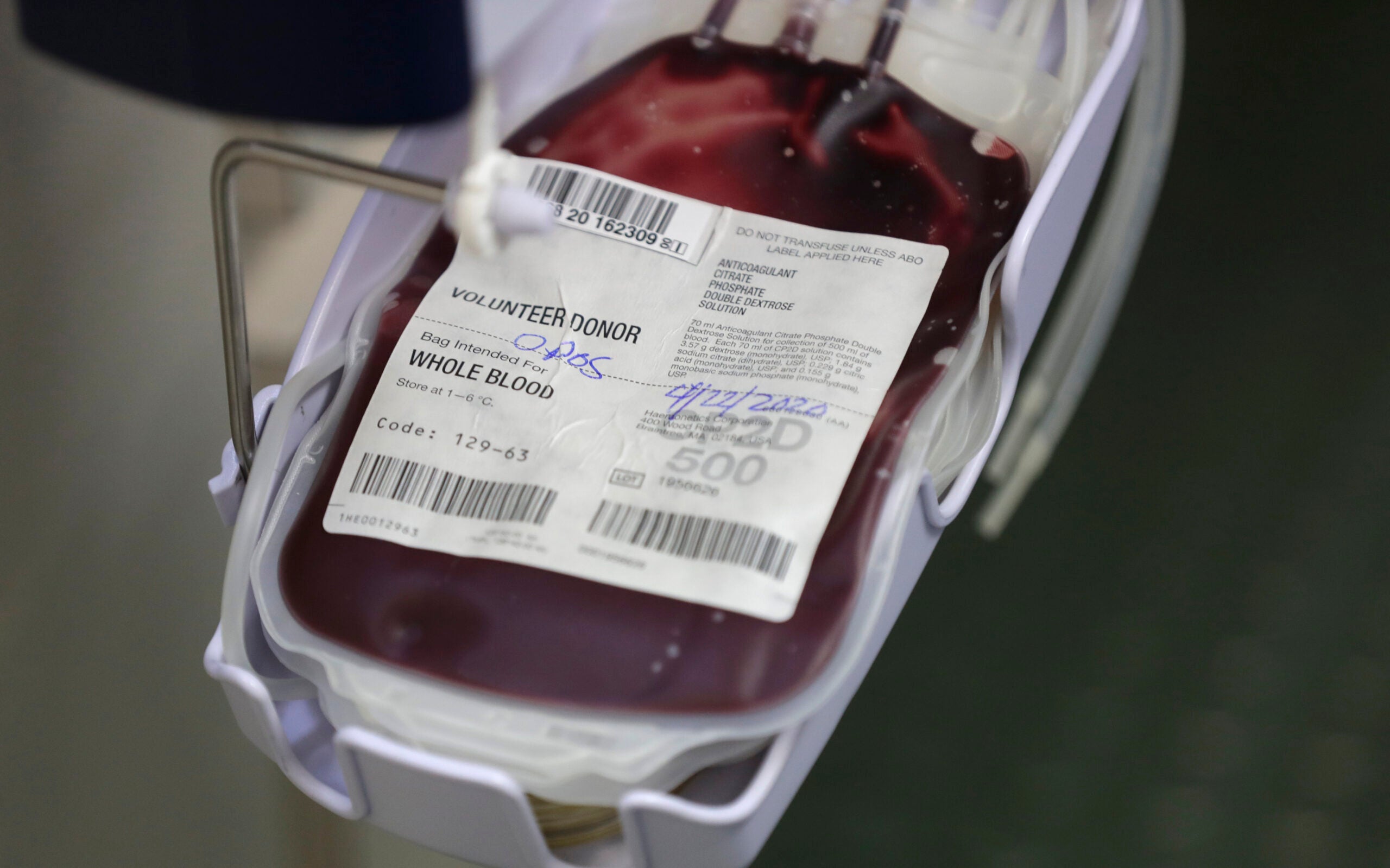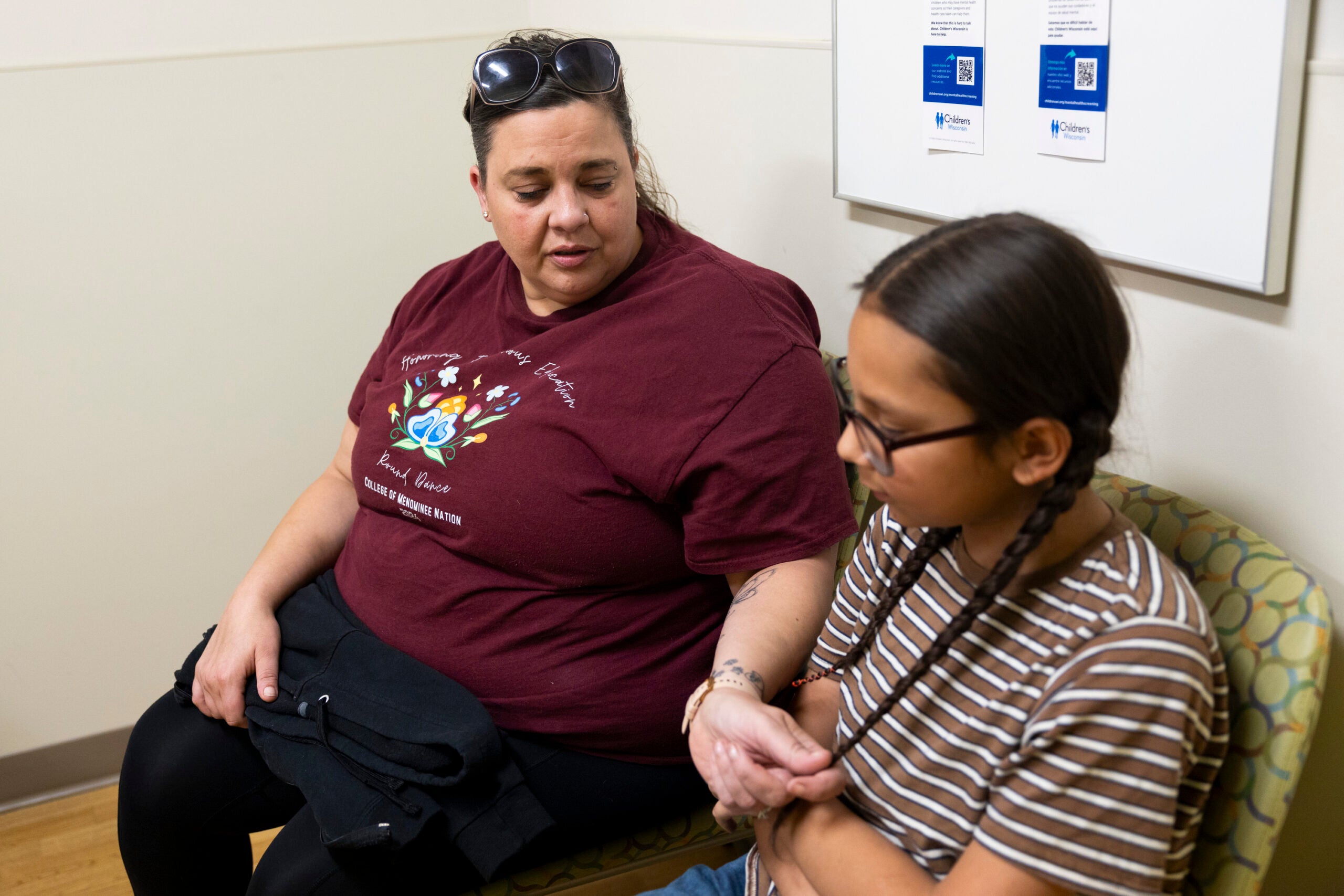An effort spearheaded by Marquette University is encouraging local businesses to apply trauma-informed policies to the work place by implementing strategies to help manage challenges.
Scaling Wellness in Milwaukee (SWIM), a movement that brings awareness to the impacts of trauma in Milwaukee, partnered with SaintA, a human services agency, to develop a training employers can use to identify employees suffering from the effects of childhood traumas.
The trauma-informed training uses the 10-question Adverse Childhood Experience survey (ACEs) to help measure an employee’s level of past or present trauma.
Stay informed on the latest news
Sign up for WPR’s email newsletter.
People who suffer child traumas like abuse or neglect are more likely to suffer from depression or addiction as adults. That can make going to work and being a model employee a challenge. Presenting strategies to help employees effectively manage childhood traumas to improve general workplace health is the goal of SWIM. The movement has 791 members from 472 institutions actively working on the impacts and root causes of generational trauma in Milwaukee. They have eight different aspect teams and have met quarterly.
Monday at the Greater Milwaukee Committee meeting, Marquette University President Michael Lovell said he wants to help address and minimize trauma in the nation’s most segregated city. He said a lot of Milwaukee’s problems with trauma stem from racism and segregation, but he hopes SWIM can find ways to prevent trauma on the front end, while raising awareness for those already impacted.
“The question we need to be asking is not what’s wrong with them but what happened to them,” Lovell explained. “If we understand what’s happening to them and the traumas they are currently facing or formally faced, we can get them the help they need so they can be better employees.”
Lovell said companies should start with reviewing and changing polices to become more receptive to trauma.
Tim Grove with SaintA says research into the impacts of childhood trauma is ongoing. People who experience what are called adverse childhood experiences, like divorce or living with a family member suffering from mental illness, are more likely to face things like depression or addiction as adults.
Groves said he believes screening for childhood trauma could help employers better manage and understand their workers.
Wisconsin Public Radio, © Copyright 2025, Board of Regents of the University of Wisconsin System and Wisconsin Educational Communications Board.




